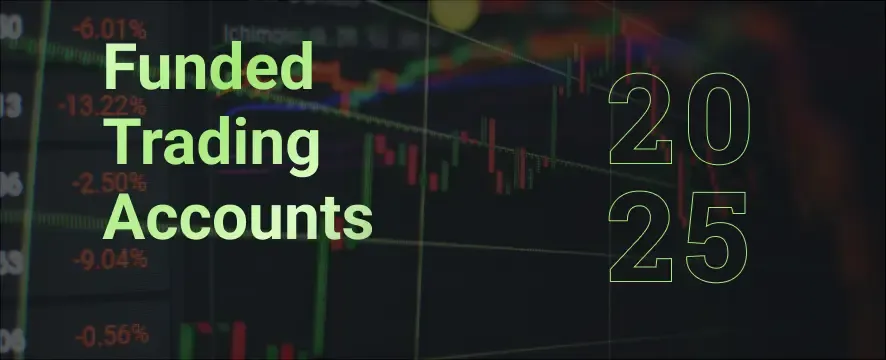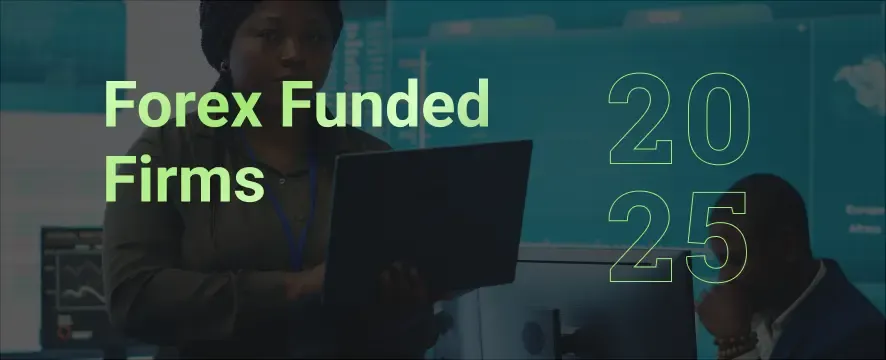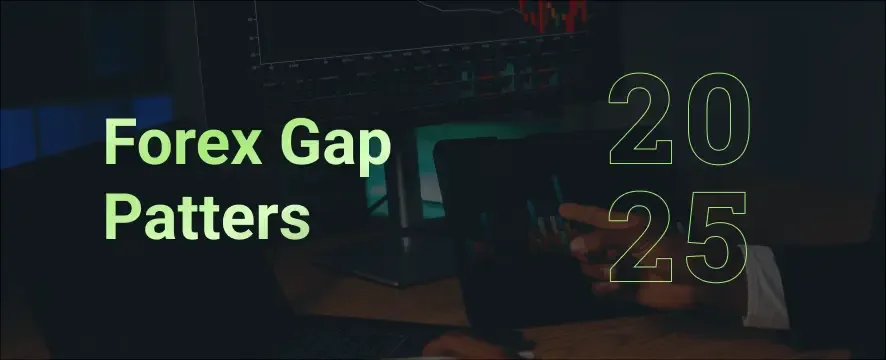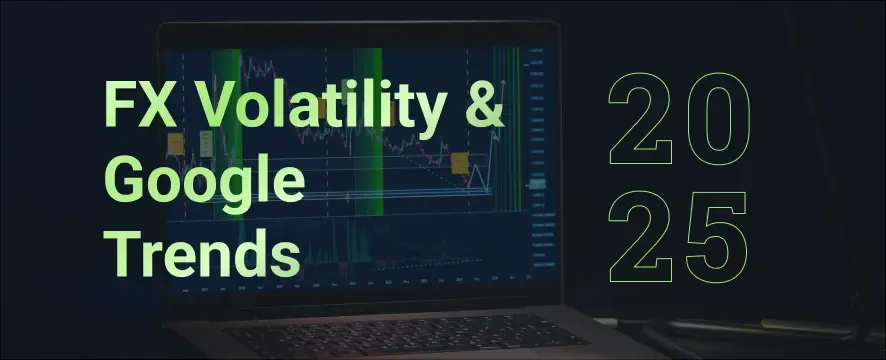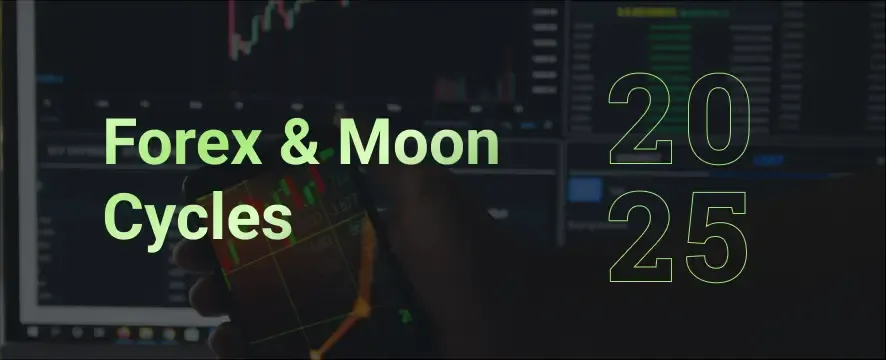7 min read
Share
In this article, we discuss 10 common Forex trading mistakes to avoid if you want to become a great Forex trader.
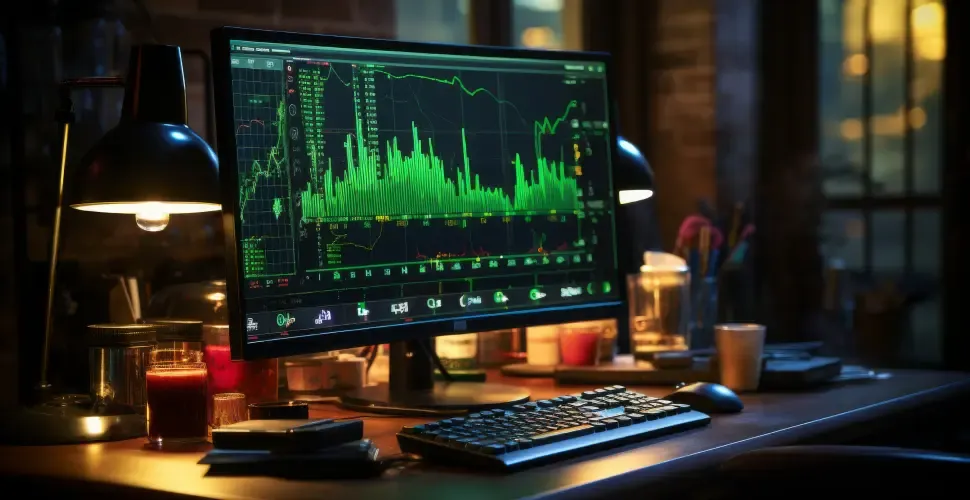
Introduction
Becoming a great Forex trader does not happen by accident. It takes time, dedication, and patience to become a great Forex trader.
Moreover, successful Forex traders are good at avoiding some of the most common mistakes other Forex traders make.
In this article, we will cover 10 of the most common Forex trading mistakes even seasoned traders sometimes make. Moreover, this article will provide Forex trading tips to avoid these mistakes altogether.
Overlooking The Importance of Education
This is the first step in your Forex trading journey and a very important one at that. Before you begin trading the Forex market, ensure you understand the basics of Forex trading, including the following:
• Currency Pairs
• Exchange Rate
• Leverage
• Margin
• Technical Analysis
• Fundamental Analysis
Take time to understand the key Forex Trading concepts before you start trading. Moreover, it is recommended that you practice trading and increase your understanding of the key Forex trading concepts using a demo account.
There are many different platforms to increase your Forex trading knowledge. Some of the more popular platforms are YouTube, Online Courses, and Forex trading communities.
Take the time to educate yourself before you start trading, as the education will bear dividends once you start trading the market.
Trading Without a Clear Plan
Having a clear trading plan is essential to sustained success in the Forex market.
A trading plan should include the following components:
• Goals and Objectives: What do you want to achieve in your Forex trading journey?
• Market Analysis Approach: Will you use technical or fundamental analysis or a combination of both? How will you incorporate them into your trading?
• Trading Strategy: What are your criteria for entering and exiting trades? How will you spot a good trading opportunity in the market?
• Risk Management: How will you manage risk in the market? Will you use leverage? At what level will you set your stop-loss and take-profit orders?
Having a clear trading plan is vital to avoid emotional trading and stick to your pre-determined trading rules rather than being swayed by your emotions.
Having Unrealistic Expectations
If you go into Forex trading with unrealistic expectations, you set yourself up for disappointment and failure.
For example, if you expect to work only 1 hour a day and consistently make returns of 10% or more every month, you may become discouraged when you realize this is not reality.
Having more realistic expectations empowers you to stick it out through the tough times and prevents you from continually chasing that ‘home run’ trade.
People with unrealistic expectations are more likely to put in the required effort to succeed rather than expecting everything on ‘a silver platter.’
Ignoring Risk Management
This is one of the most crucial mistakes to avoid if you want to become a great Forex trader.
One poorly managed trade with no risk management can erase the gains from many good trades.
Risk management includes the following components:
• Stop-Loss Orders
• Take-Profit Orders
• Position Sizing
• Use of Leverage
• Risk-Reward Ratio
Risk management must be written down and clearly defined as part of your trading plan. Moreover, it needs to be non-negotiable and not based on market conditions.
The Forex market can be highly unpredictable, and proper risk management is vital to ensure you don’t blow up your trading account.
Not Paying Attention to Fundamental Analysis
Fundamental analysis is essentially what moves all currency pairs in the Forex market. It seeks to understand a currency's intrinsic value.
Yes, both fundamental and sentiment analysis are essential. However, one piece of news can cause a drastic shift in the currency market.
One good example is the January 2015 incident known as the ‘Swiss Franc Shock’ or ‘Frankenshock.’
On 15 January, the Swiss National Bank announced its plan to remove the Swiss Franc (CHF) peg to the Euro (EUR). This caused a nearly 30% drop in the EUR/CHF.
This extreme example highlights the sudden and significant impact of one piece of news on the Forex market. When traders ignore fundamental analysis, they leave themselves open to sudden and unexpected moves in the market.
Overtrading
What is overtrading? Essentially, it refers to trading too often or too frequently, a common mistake some traders make.
Forex traders are usually tempted to overtrade because they are either chasing too much profit or trying to make up for losses.
For example, a trader who is making money can be tempted to chase trades they shouldn’t be taking.
However, traders losing money can be just as tempted to chase trades that aren’t there in the hopes of making up for bad trades.
Both of these temptations are real, and it is vital to stick to your trading plan and let it dictate when you trade.
Overleveraging
Although leverage is a powerful tool that allows Forex traders to control a much larger position than they otherwise could, it can work against you if you overleverage.
Overleveraging occurs when you take on more risk than you can reasonably manage.
Overleveraged accounts without sufficient risk management can result in margin calls and rapid account depletion.
Chasing The Market
Chasing the market refers to traders who deviate from their trading plan and instead ‘chase’ trades that seem to present themselves as good opportunities.
While this might seem like a good idea, emotions can take over, and traders can begin to trade based on what they ‘feel.’
The consequences can be devastating, including breaking your trading rules, not knowing when to take profit, and not exiting a losing trade.
Another form of ‘chasing the market’ can be only partially adhering to your trading plan and, for example, using your trading plan to enter trades but letting them run too long until the market turns against you.
Or, perhaps, waiting for losing trades to reverse instead of stopping out at your predetermined stop-loss level.
Not Keeping a Trading Journal
What is a trading journal? It’s a physical book or a digital file that you use to document your trading journey. In it, you should record your profits, losses, and lessons learned along the way.
Moreover, it can be an excellent way to write down your emotions when you are feeling stressed, anxious, or greedy. This can help you better recognize and control these negative emotions in the future and improve your Forex trading skills.
Failure to Adapt
While it’s good to have a plan and a strategy, you need to be adaptable to change and exploring different Forex trading strategies.
If the market changes and your trading strategy is no longer effective, consider changing things up and trying something different.
Moreover, continue to learn and adapt – even if you are successful. There is always room for improvement and ways to tweak your trading strategy to make it more effective.
Conclusion
Success in the Forex market is not only about having a plan but also about avoiding costly mistakes that can hinder and limit your progress.
By being aware of these ten common Forex trading mistakes most traders make, you can take specific steps to avoid them in your trading and develop into a great Forex trader.
Join our community
Get an insight from other users about SeacrestFunded and their experiences. 131K+ members and counting

